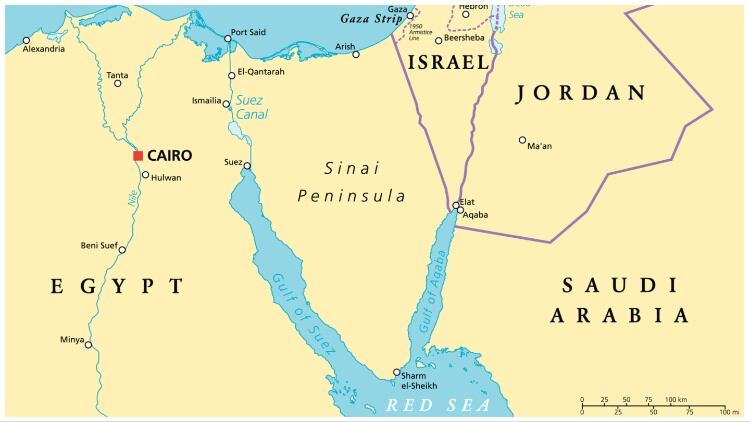This was the group’s conclusion of its Food Alert Project, a ‘first of its kind’ stress test of the EU’s food system, supported by the European Institute of Innovation and Technology.
Food systems experts and practitioners from the European Commission member state governments were brought together in a ‘role play’ scenario to develop practical policy responses to a fictional – but realistic – food system crisis involving multiple climate-induced supply ‘shocks’.
Participants were then grouped into three breakout groups to analyse three topics: Crisis Responses (short-term), Agriculture and Food Production (medium-term focus), and Trade and Finance (longer-term).
Policy ideas
It was from these groups that the participants developed 12 policy ideas for further analysis and debate, including: relaxing environmental standards for critical food products imported in the EU in times of food shortage; increasing investments in food innovation, particularly in alternative protein development; and prioritising the use of crops for food and feed rather than biofuels. See box below for more details.
Chris Hegadorn, lead Organiser of ‘Food Alert’ and adjunct professor of global food politics at Sciences Po University Paris, said the experiment highlighted the need tools that can bridge the gap between scientific evidence and policy application.
“Crisis simulation workshops like ‘Food Alert’, which engage multiple communities simultaneously and force participants to broaden their perspectives through role-playing, effectively marry up scientific evidence with real-world political processes in a way that studies and reports alone cannot,” he explained.
“We know more crises are coming, faster and harder; we need to better prepare for those crises right now to decrease the risks of future food insecurity.”
Piotr Magnuszewski, scientific director of the Centre for Systems Solutions who were responsible for the policy simulation and technical scenario development, said the Food Alert Project allowed policy makers to ‘travel in time’ to prepare for tragedies before they happen.
Crisis simulation
“With crisis simulation, we can identify food system vulnerabilities to improve coordination, build response mechanisms, and strengthen the overall system resilience at all levels: regional, national, and local,” Magnuszewski added.
EIT Food, as Lead Sponsor of the project, provided ideas for workshop participants from among its network. The project was also supported by the Agriculture Ministry of the Government of the Kingdom of the Netherlands, which contributed expertise and leadership on food and agriculture policy when designing the scenario of the crisis simulation.
Ilario Ingravallo, mission lead – Reducing Risk for a Fair & Resilient Food System, EIT Food said: “Our current food system is highly vulnerable to external shocks. One of EIT Food’s core Missions focuses on the need to improve food security and safety by enabling and establishing resilient food supply chains.
“The Food Alert project has been game-changing in introducing the concept of ‘stress-testing’ to Europe’s food system for the very first time. We are thrilled to support the project, and hope that this is the beginning of a broader conversation on how governments and actors across the food system can work together to prepare for future crises.”
Twelve policy ideas for further analysis and debate
- Upscale food reserves through a new Food Allocation Reserve Management (FARM) programme
- Relax environmental standards for critical food products imported in the EU in times of food shortages
- Guarantee support of vulnerable population in times of crises
- Strengthen the European Food Security Crisis preparedness and response Mechanism (EFSCM)
- Identify available land and bodies of water for possible food production with a focus on protein crops
- Increase investment in food innovation, particularly in alternative protein development
- Prioritise the use of crops for food and feed rather than biofuels
- Reduce CAP subsidies for livestock and assist farmers in their transition to plant crop production
- Support regional food supply chains for more resilience and transparency during crises
- Share risks of European farmers through an EU insurance mechanism on climate and supply chain events
- Establish a joint EU purchasing mechanism
- Prevent excessive speculation in foodstuffs





